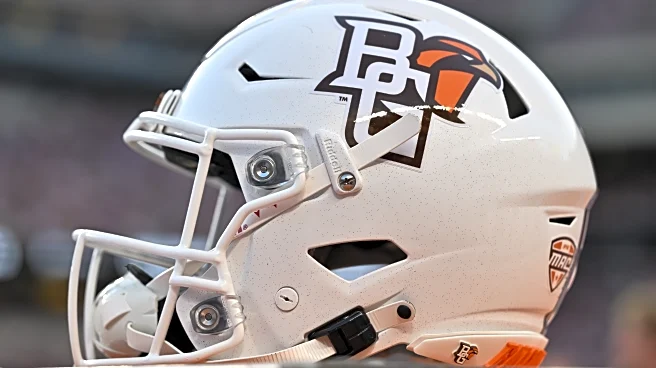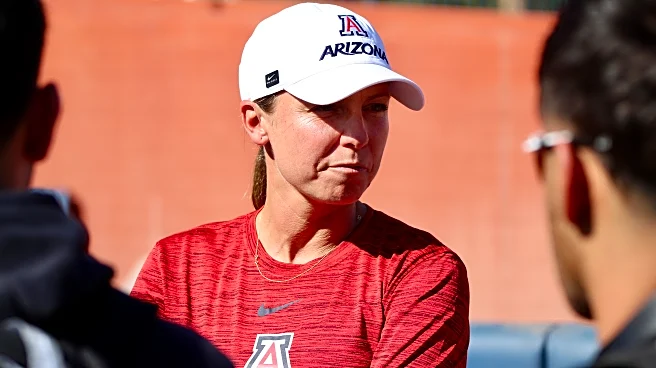Rapid Read • 8 min read
An Irish travel influencer, Dara Tah, is facing backlash for a TikTok video in which he attempted to make contact with a remote tribe in Papua, Indonesia. The video, which has garnered over 17.7 million views, shows Tah and a group of tourists approaching the tribe by boat, with one tribesman pointing a bow and arrow at them. Tah attempted to offer a bag of salt as a peace offering, which was rejected by the tribal leader. Critics have accused Tah of exploiting the tribe for social media views, with some questioning the authenticity of the video and the portrayal of the tribe as cannibals. The incident has sparked debate over the ethical implications of using indigenous communities for online content.
AD
The controversy highlights ongoing ethical concerns regarding the exploitation of indigenous communities for social media content. Such actions can perpetuate stereotypes and misrepresentations, potentially harming the communities involved. The backlash against Tah's video underscores the need for responsible and respectful engagement with indigenous peoples, particularly in the context of tourism and media. This incident may prompt discussions on the regulation of content involving vulnerable communities and the responsibilities of influencers in portraying them accurately and respectfully.
Tah has expressed his intention to revisit the tribe, despite the negative reception. This decision may lead to further criticism and scrutiny from the public and advocacy groups. It remains to be seen whether Tah will alter his approach or continue to pursue content involving the tribe. The incident may also encourage social media platforms to review their policies on content involving indigenous communities, potentially leading to stricter guidelines and enforcement.
The portrayal of the tribe as cannibals has been challenged by viewers, with some emphasizing that such practices have largely disappeared. This raises questions about the accuracy of representations of indigenous cultures in media and the potential harm caused by perpetuating outdated stereotypes. The incident serves as a reminder of the importance of cultural sensitivity and accuracy in media portrayals, which can influence public perceptions and attitudes towards indigenous peoples.
AD
More Stories You Might Enjoy











